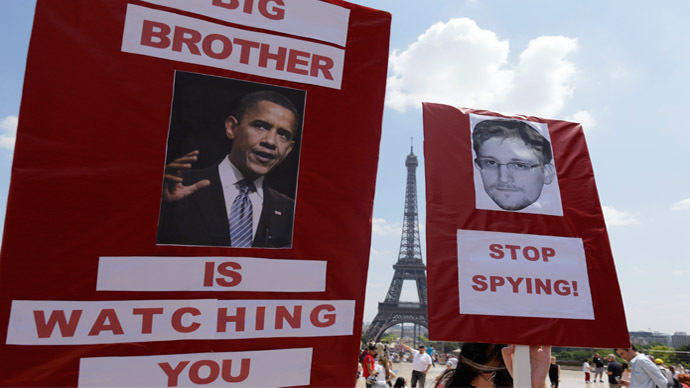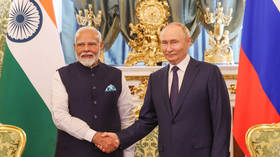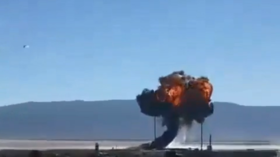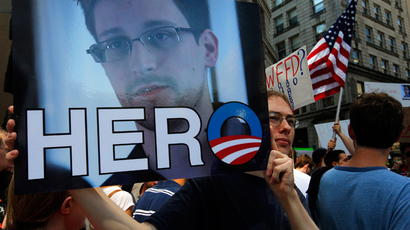‘Snowden won’t disclose more docs, I have thousands’ – Greenwald

Edward Snowden is unlikely to make new revelations since “he doesn’t want to end up in a cage like Bradley Manning”, said The Guardian journalist Glenn Greenwald, adding that he himself decides what to publish from the thousands of leaked documents.
“I think there’s a real misconception over whether he’ll continue to leak,” Greenwald, who helped publish the leaks made by Snowden, told NBC News. “He turned over to us many thousands of documents weeks and weeks ago back in Hong Kong and we’ve been the ones deciding which stories get published and in which order. As far as I know he doesn’t have any intention of disclosing any more documents to us,” the Brazil-based journalist continued.
Greenwald confirmed he has thousands of documents from Snowden in his possession, but so far no government agency has requested that he turn them over.
“I don’t think that the US government thinks trying to pressure us or me out of continuing to publish these stories will do them any good, and so as far as I know, there hasn’t been any kind of pressure like that,” Greenwald said.
The Guardian journalist explained why Snowden had to flee the US and seek political asylum in countries that can stand up to the US in the international arena.
“Of course he has to go somewhere. There are very few places in the world willing to stand up to the United States and demand his rights under the law be protected,” the journalist said.

“Obviously he isn’t going to Venezuela or Ecuador or Bolivia or Nicaragua or Russia or wherever he ends up because he thinks they’re bastions of civil liberties protections,” Greenwald added. “He’s going there because as Daniel Ellsberg said in a Washington Post Op-Ed, this country is no longer safe for whistle-blowers.”
The journalist pointed out that Snowden’s “choices are very limited and he’s trying to make sure that he doesn’t end up like Bradley Manning, put in a cage, rendered incommunicado. He wants to participate in the ongoing debate that he helped provoke and that’s what’s guiding his choices.”
Manning, 25, is currently locked up in punitive solitary confinement at Marine Corps base in Quantico, VA, and faces life in prison for turning over secret documents to the WikiLeaks whistleblower project.
After the former CIA technician and NSA contractor exposed the global wiretapping industry of the US National Security Agency, the number of lawsuits in US federal courts challenging the constitutionality of Foreign Intelligence Security Act programs have continued to multiply.
“There a lot of encouraging and gratifying trends,” Greenwald concluded.














